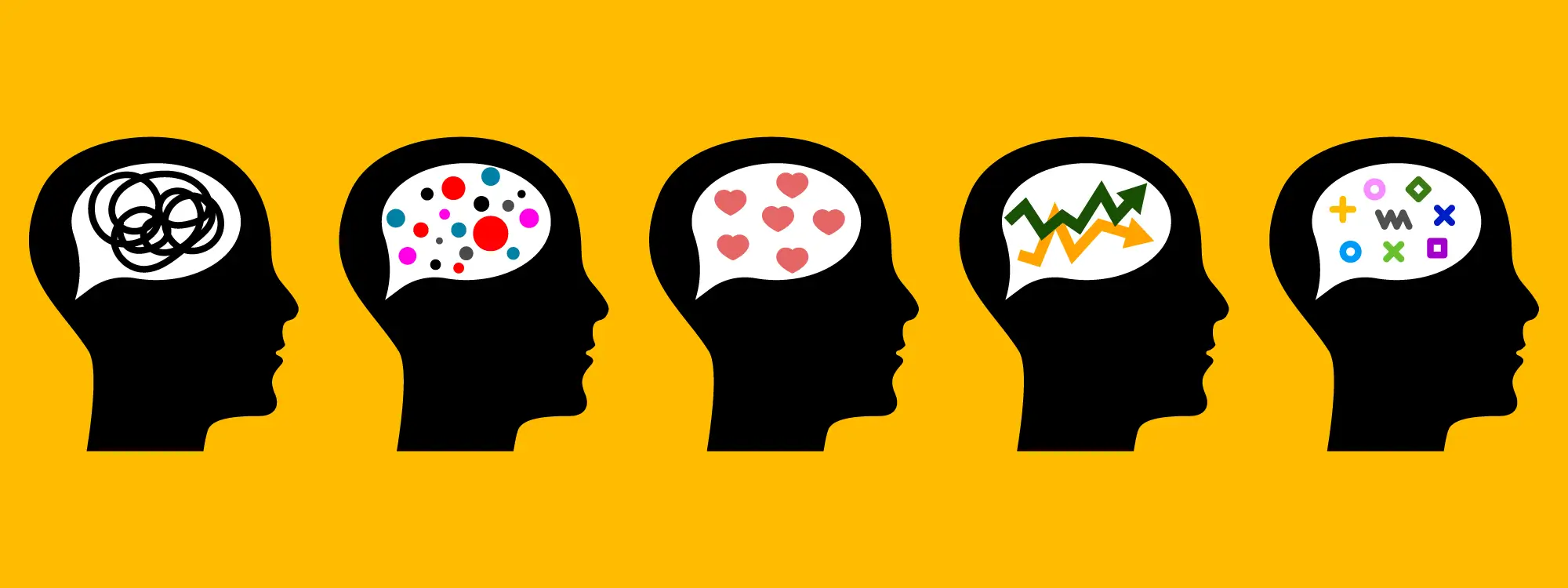
As a longtime neurodiversity advocate, and someone who’s spent time with HR Managers and Executive Leaders from practically every industry, I’ve seen countless conversations place neurodiverse recruitment in the ‘too hard’ or ‘not for us’ baskets based on simple misconceptions.
Aside from missing out on cognitive diversity, it’s estimated 15-20% of the world’s population exhibits some form of neurodivergence, so any organisation who is hesitant to hire neurodiverse individuals is also missing out on a pretty big chunk of the potential workforce. Not ideal amid a digital skills crisis.
With this in mind, I wanted to bust some of the myths I’ve heard time and time again to reassure any employers out there that hiring neurodivergent employees is low risk and also a great way to bring more diversity and inclusion, innovation and creativity into your workforce.
Traditional hiring practices, including job descriptions with strict ‘must have’ role requirements, rigidly formal interview formats and the unpredictable number of steps involved can be more challenging for people with neurodivergent conditions to navigate. With that in mind, accommodations in the hiring process – like sending interview questions to a candidate beforehand – can enable these individuals to arrive better prepared. While some may see that as creating an unfair advantage, what you’re really doing is creating a more inclusive experience for neurodivergent candidates.
After all, these individuals are starting from a point of disadvantage when it comes to finding and developing their careers, and if someone doesn’t advocate for them, they will continue to be left behind.
If we take autism spectrum disorder as an example, in Australia, the ABS found the unemployment rate for autistic people is 34.1%, more than three times the rate for people with disability (10.3%) and almost eight times the rate of people without disability (4.6%).
By adopting a more inclusive hiring process, you’re recognising that neurodiverse candidates face different barriers to employment than neurotypical individuals and creating a fairer starting point for them.
Beyond hiring, many also believe that making accommodations for neurodivergent candidates in the workplace will be expensive and disruptive to existing processes and other team members. However, many accommodations are simple, cost-effective, and can be of benefit to all employees. For example, flexible working hours, quiet workspaces, providing written meeting notes and agendas and the option to work remotely can enhance productivity and job satisfaction for everyone.
Accommodating differences in the workplaces isn't something specific to neurodivergent individuals – creating an inclusive workplace is just good people management.
In fact, I wrote another article off the back of Autism SA's Inclusive Recruitment Project, specifically calling out key lessons learned about embracing neurodiversity in the workplace and the raft of benefits it can deliver.
Investing in such accommodations, especially flexibility on work time, patterns and location has been associated with improved employee wellbeing and reduced exhaustion, burnout and fatigue. A happier workforce also means better employee attraction, engagement and retention, important factors in securing your business’s future success.
While I have a vested interest in encouraging neurodivergent people to consider roles in tech because of my role at WithYouWithMe, this isn’t the only field their skills and abilities are suited for. In fact, neurodiversity covers such a broad spectrum of conditions, experiences and abilities that you can find a neurodivergent person well-suited to any type of role. Chances are, you already have neurodivergent team members succeeding across all your business functions, so best not to stereotype what they’re capable of.
Instead of thinking about why you shouldn’t hire neurodivergent candidates, consider what your business could gain if you did.
Ian Handley,
VP of Oceania at WithYouWithMe
This is something I hear a lot from Hiring Managers, and while it can be true in some instances, there are several factors that might explain why...
In today’s political climate, neurotypical people tend to be apprehensive about broaching certain topics like neurodiversity or disability in the workplace, nervous of saying the ‘wrong’ thing. While this apprehension is well-meaning, it doesn’t foster a culture of inclusion, rather it leads to hesitancy around embracing differences and a perception that those differences will somehow change the workplace culture and lead to misalignment between old and new team members.
In reality, building a strong organisational culture is not about increasing uniformity, but instead about embracing the variations and fostering an environment where all team members feel valued, supported and encouraged to share their ideas. Especially in the fast-paced business environment we find ourselves in today, innovation and outside-the-box thinking is critical, and history has shown it doesn’t come from maintaining conformity.
As businesses strive to navigate a competitive recruitment landscape and a growing lack of digital skills in the market, it’s time for a shift in mindset away from screening people out for their differences and instead seeing those differences as opportunities.
Stop thinking about why you shouldn’t hire neurodivergent candidates and start thinking about why you should.
At WithYouWithMe, we provide free aptitude testing and digital skills training to more than 1,500 neurodivergent Australians through our Potential platform. If you want to implement a neurodiversity hiring initiative, get in touch.
This article was originally published on HRM Online.